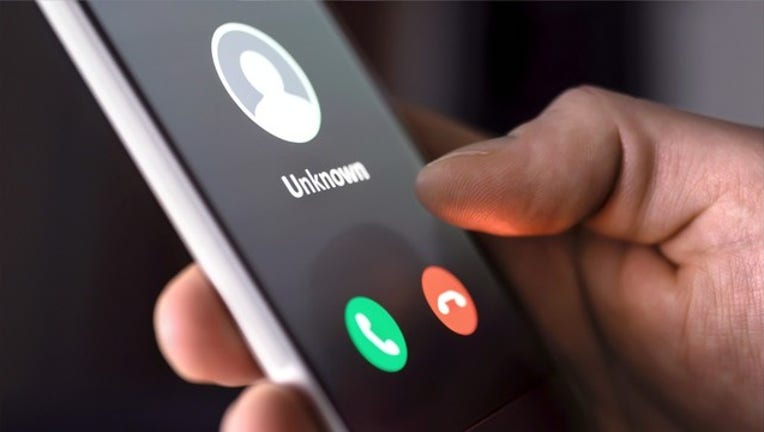Texas sees a spike in 'virtual kidnapping' extortion calls

MCALLEN, Texas - In the last several weeks, multiple law enforcement agencies have seen a rise in the number of victims reporting they have fallen prey to this scam and have been defrauded out of large sums of money.
Authorities believe many more individuals have been victimized as well but have not reported the incidents to law enforcement, either out of fear or embarrassment. Individuals, families and small businesses have all been the targets of the calls.
These schemes typically involve an individual or criminal organization who contacts a victim via telephone and demands payment for the return of a “kidnapped” family member or friend. While no actual kidnapping has taken place, the callers often use co-conspirators to convince their victims of the legitimacy of the threat, according to the Federal Bureau of Investigation (FBI) San Antonio Division.
The perpetrators will often go to great lengths to engage victims in ongoing conversations to prevent them from verifying the status and location of the “kidnapped” individuals.
Callers will often make their victims believe they are being watched and were personally targeted, according to the FBI. In reality, many of these callers are outside of the United States, simply making hundreds of calls, possibly using phone directories or other phone lists.
To avoid becoming a victim of this extortion scheme, look for the following possible indicators:
- Calls are usually made from an outside area code
- May involve multiple phone calls
- Calls do not come from the kidnapped victim’s phone
- Callers go to great lengths to keep you on the phone
- Callers prevent you from calling or locating the “kidnapped” victim
- Ransom money is only accepted via wire transfer service
If you receive a phone call from someone who demands payment of a ransom for a kidnapped victim, the following should be considered:
- Stay Calm.
- Try to slow the situation down.
- Avoid sharing information about you or your family during the call.
- Request to speak to the victim directly. Ask, “How do I know my loved one is okay?”
- Request the kidnapped victim call back from his/her cell phone
- Listen carefully to the voice of the kidnapped victim if they speak, and ask questions only they would know.
- If they don’t let you speak to the victim, ask them to describe the victim or describe the vehicle they drive, if applicable.
- While staying on the line with alleged kidnappers, try to call the alleged kidnap victim from another phone.
- Attempt to text, or contact the victim via social media.
- Attempt to physically locate the victim.
- To buy time, repeat the caller’s request and tell them you are writing down the demand, or tell the caller you need time to get things moving.
- Don’t directly challenge or argue with the caller. Keep your voice low and steady.
If you have any question about whether the call is an extortion scheme or a legitimate kidnapping, contact your nearest FBI office immediately. Anyone with information about these fraud schemes is also encouraged to contact the nearest FBI office

